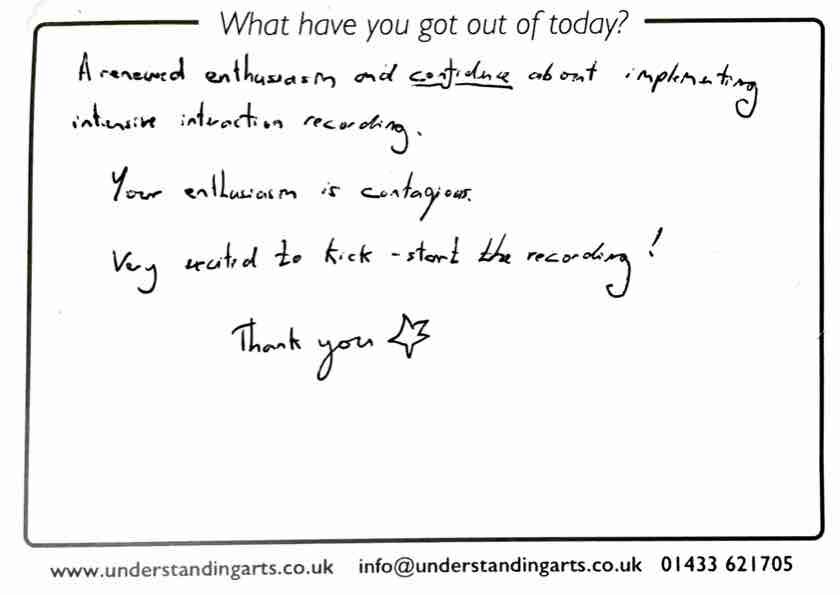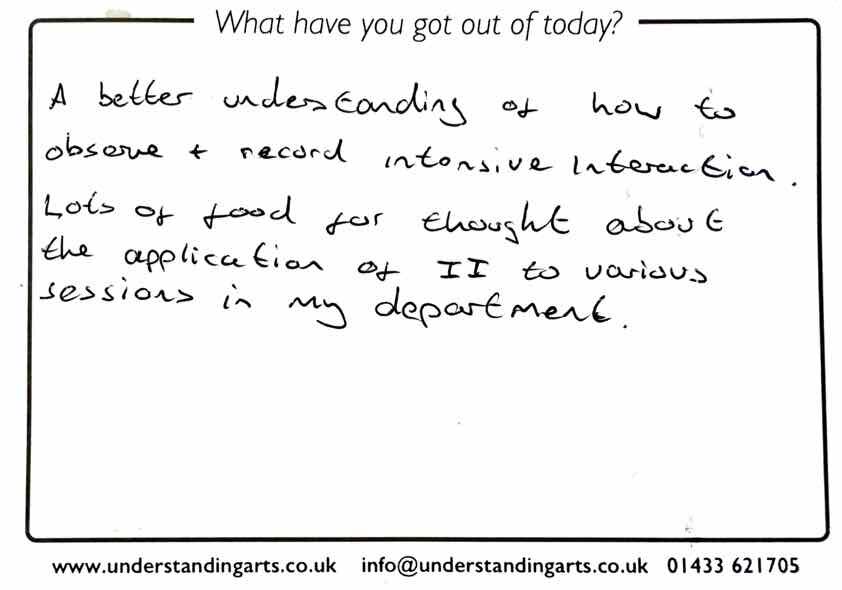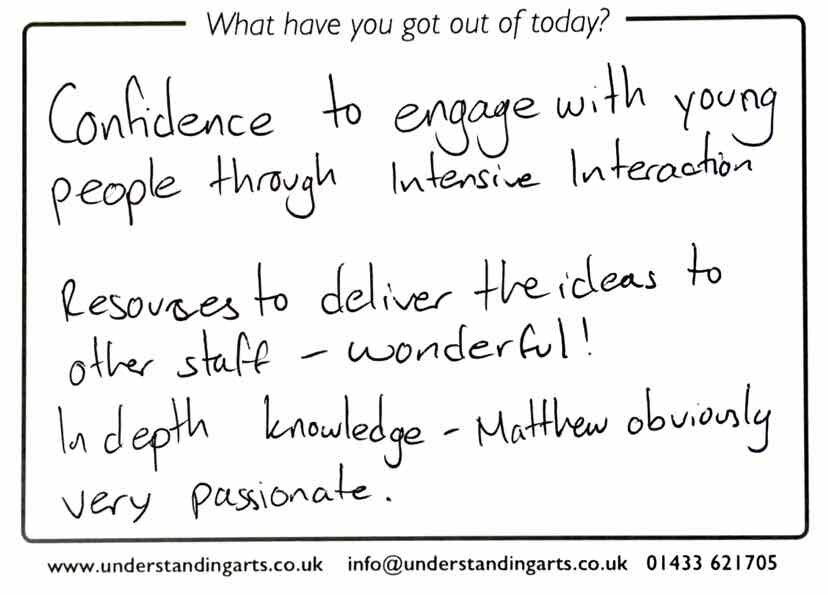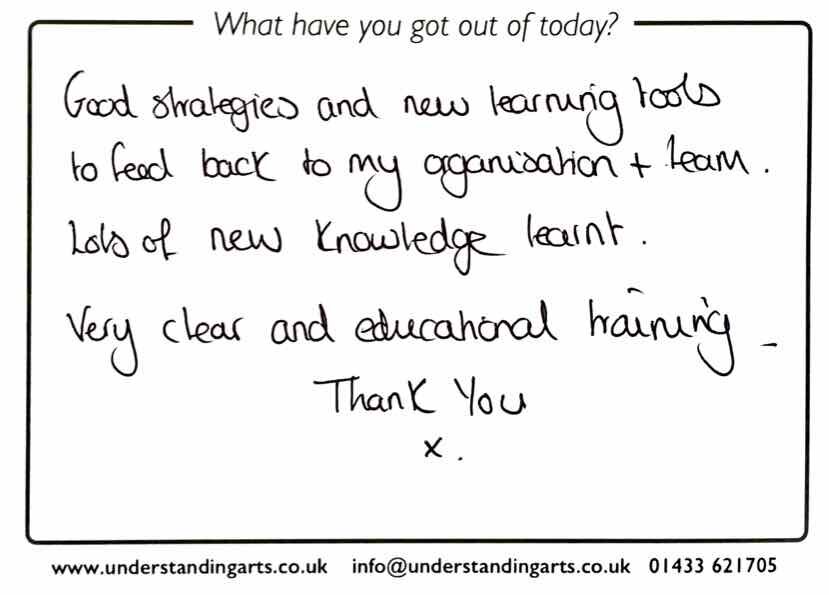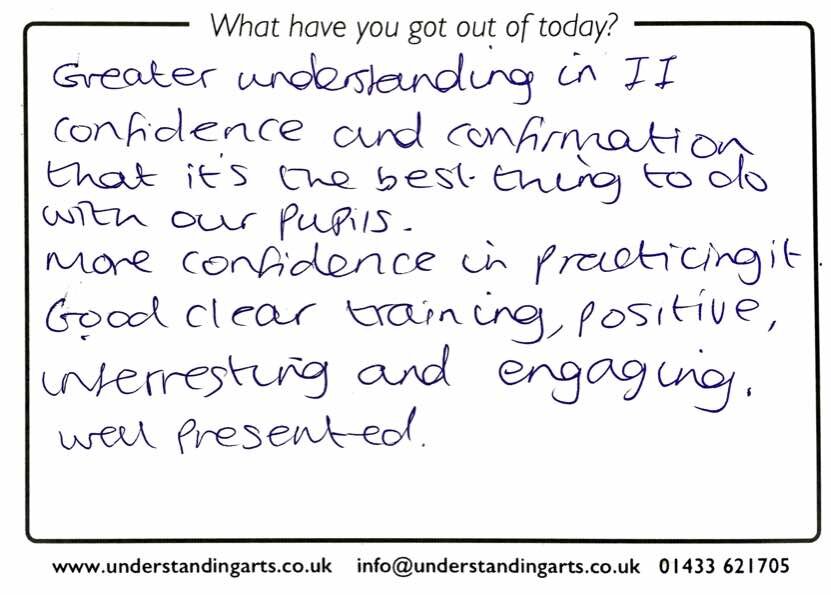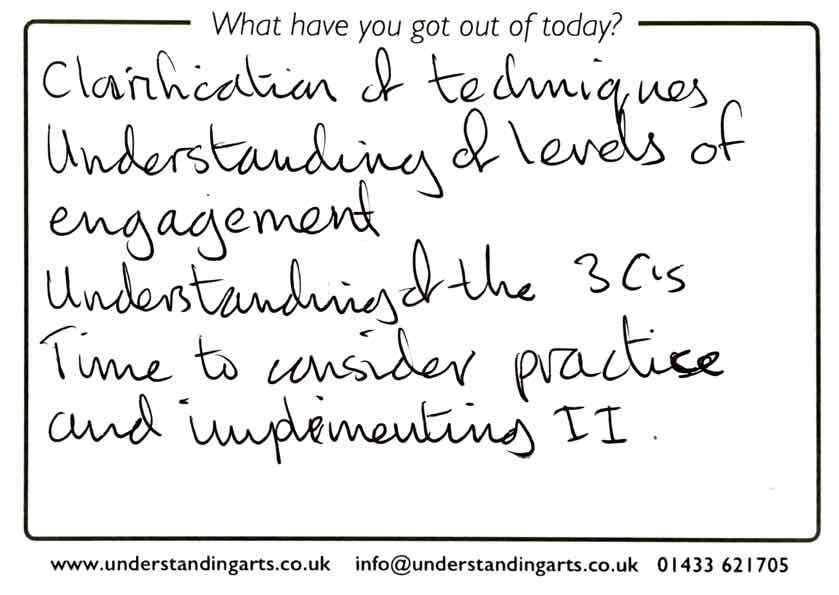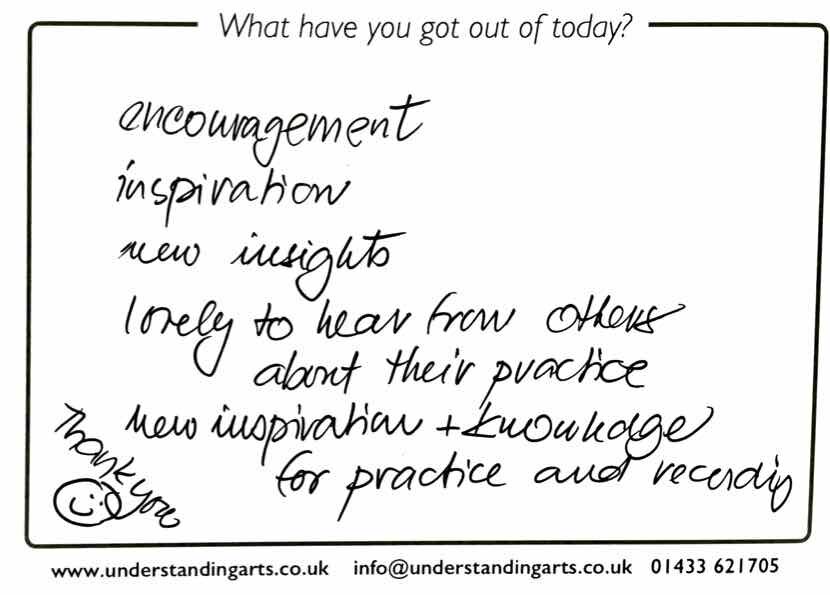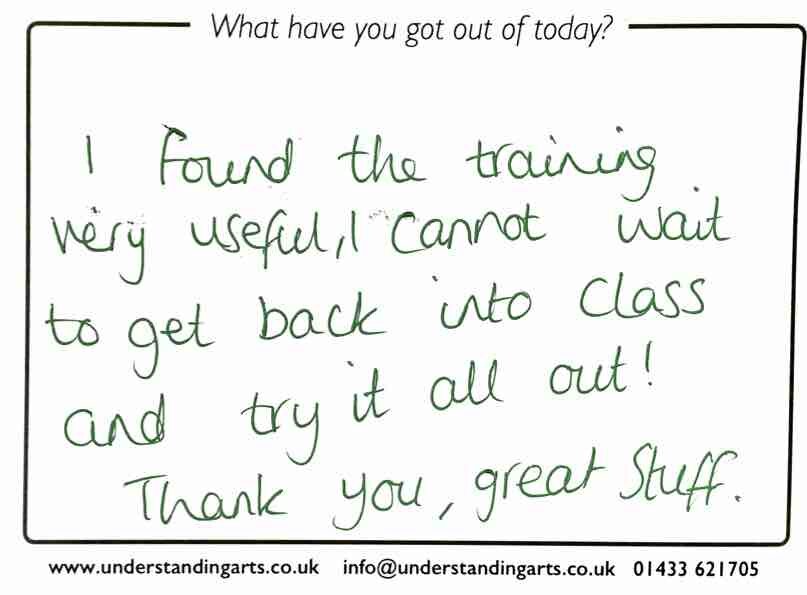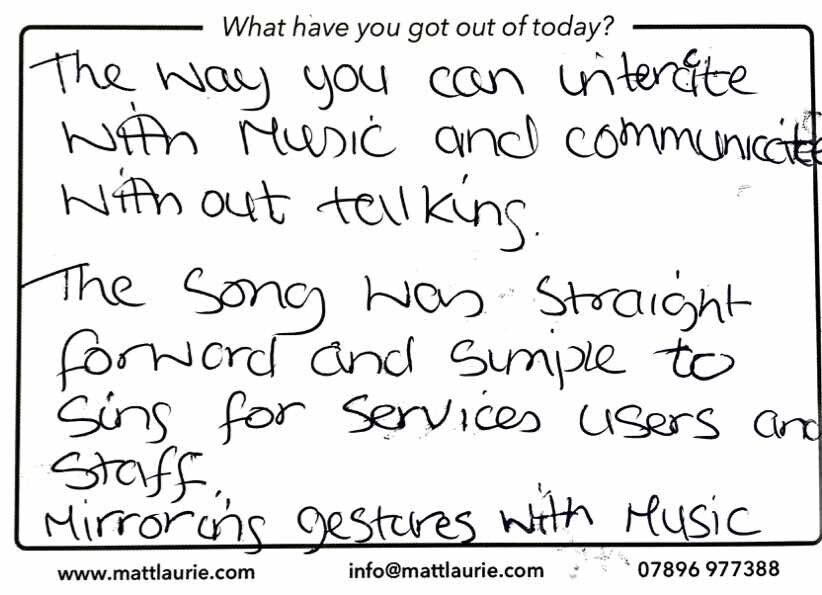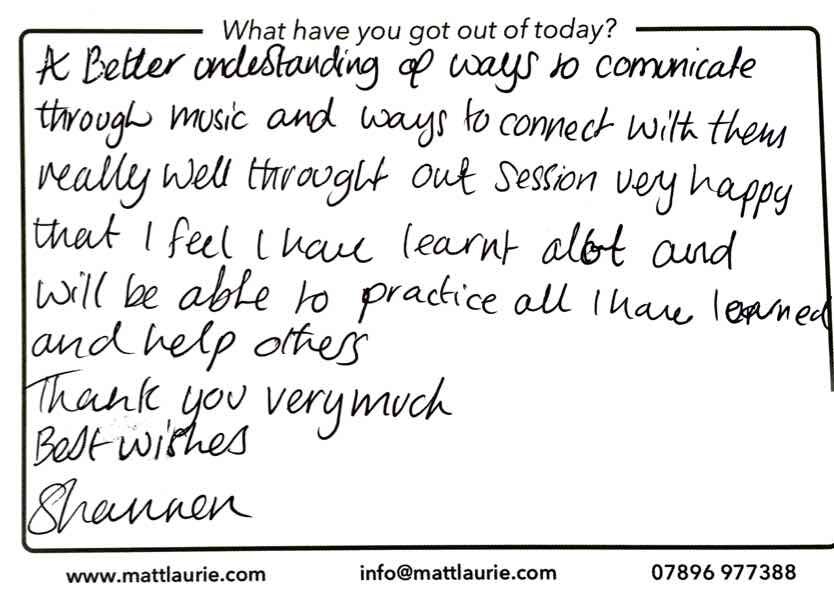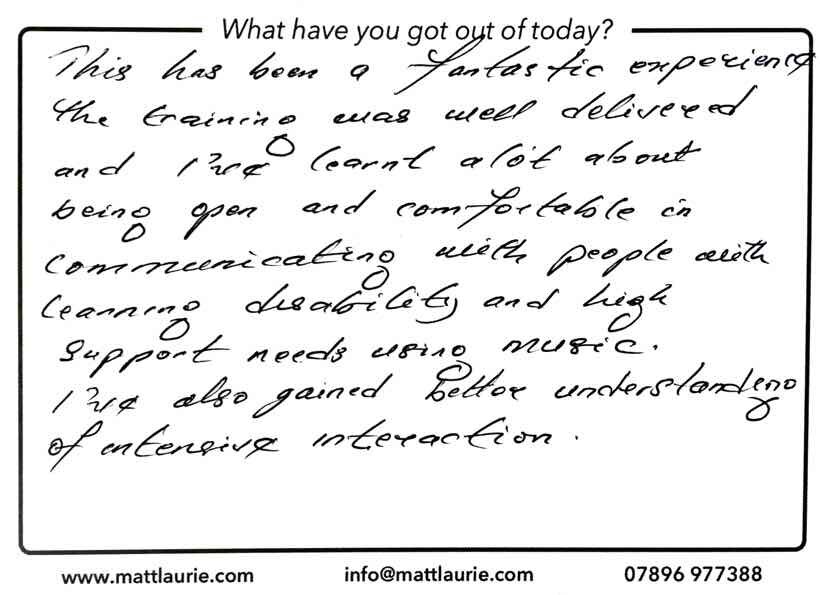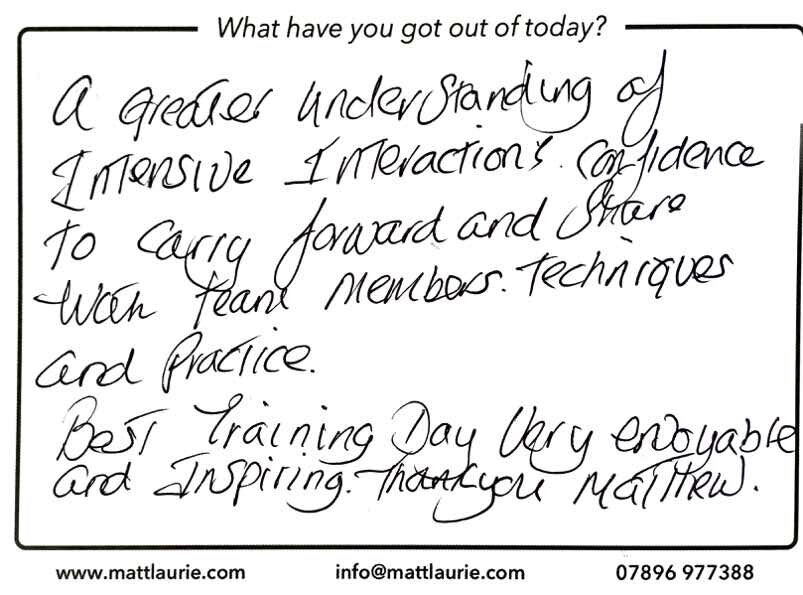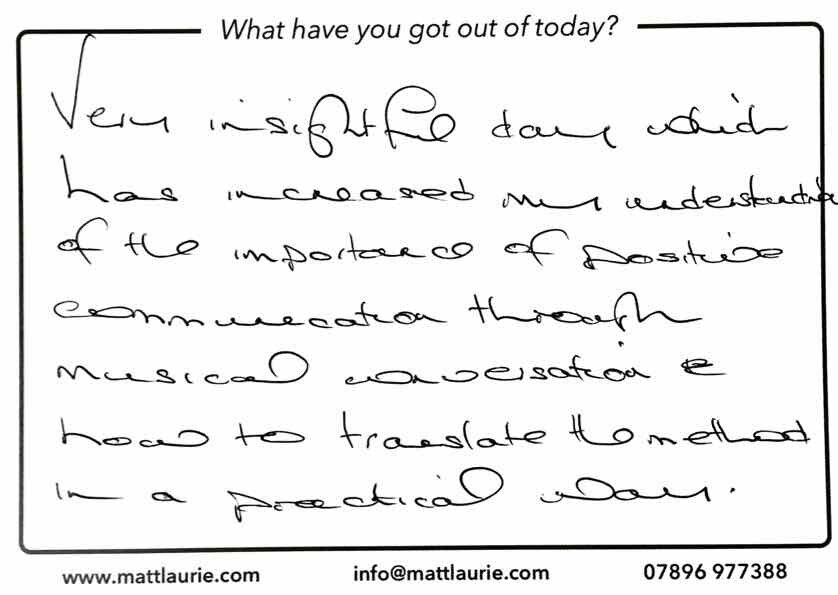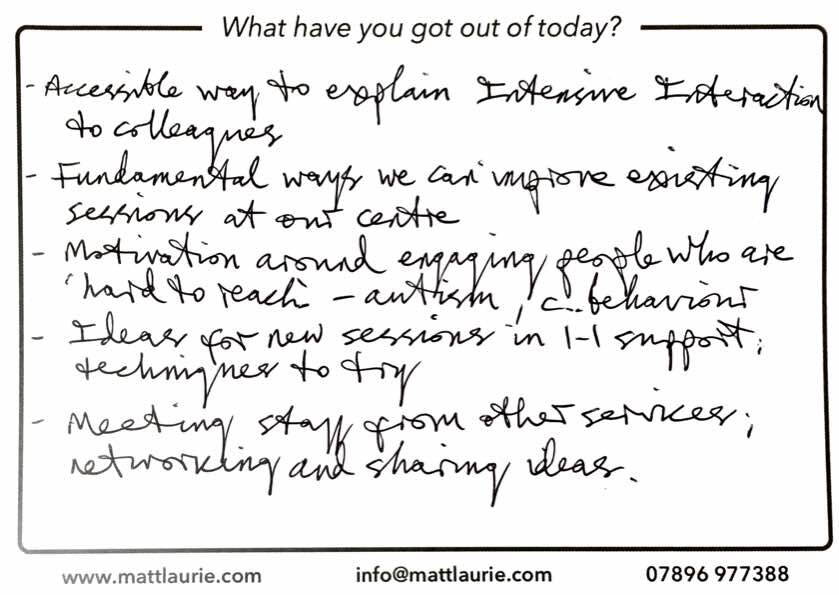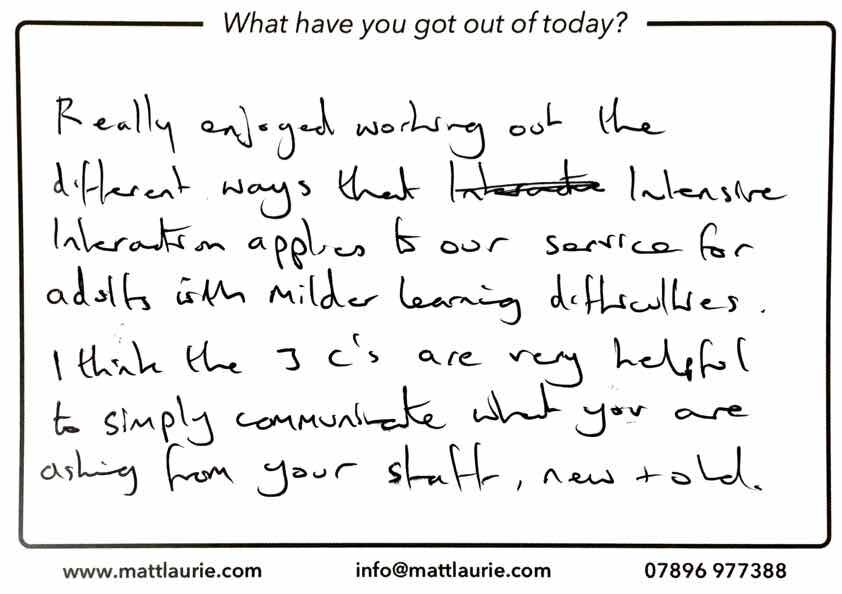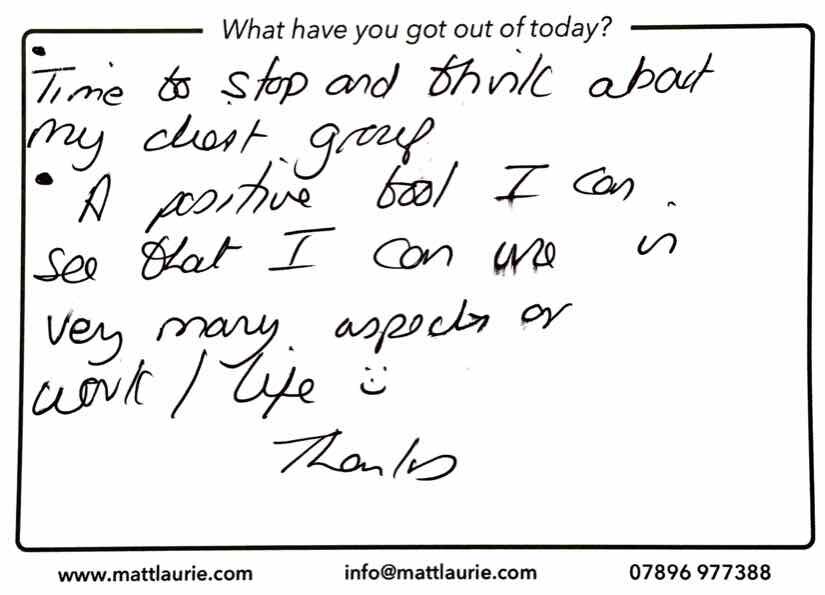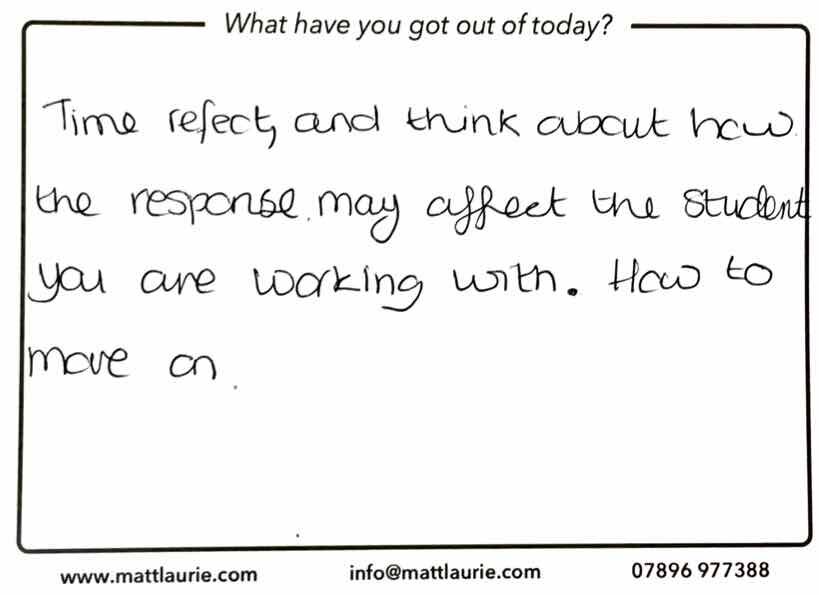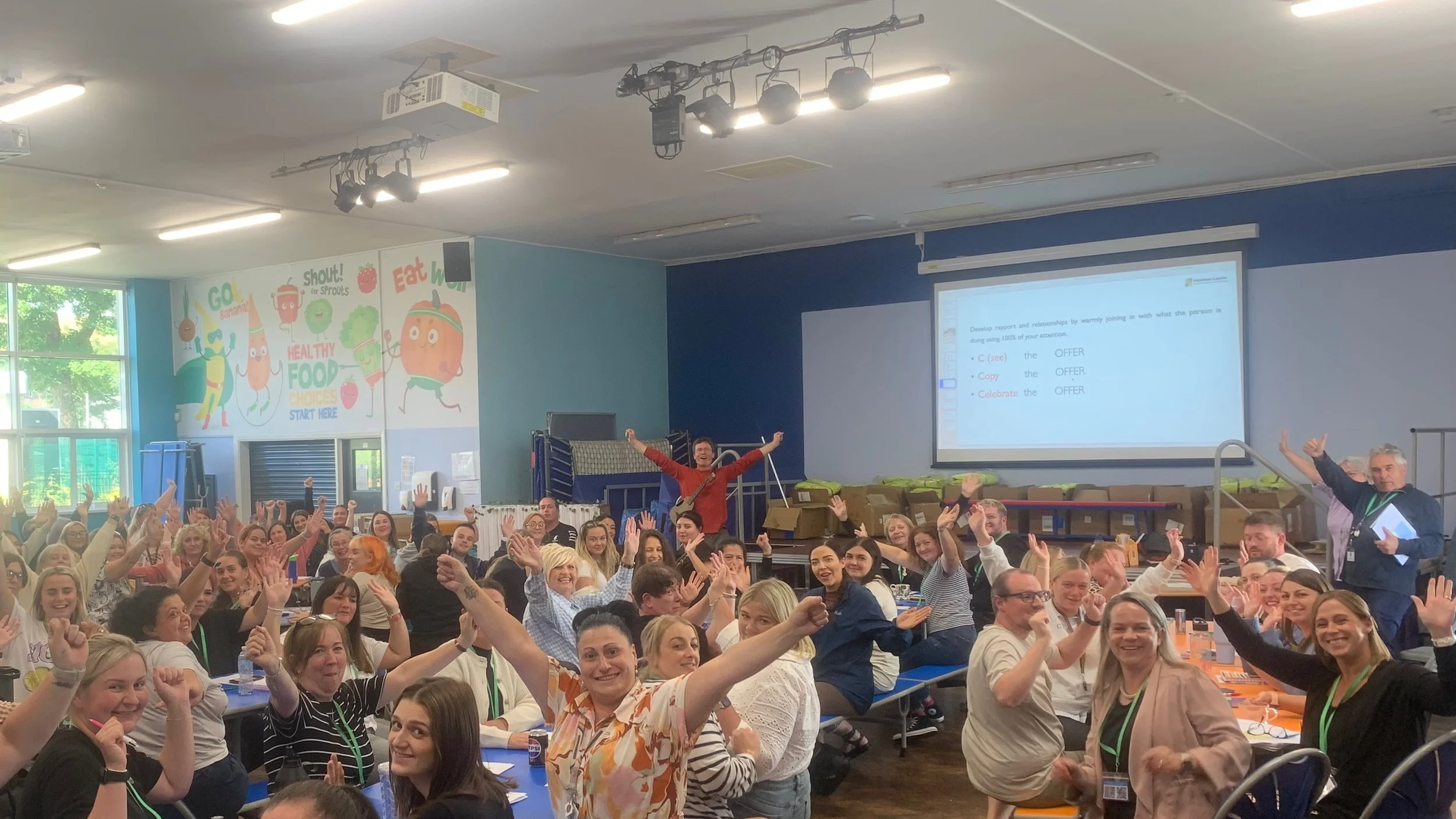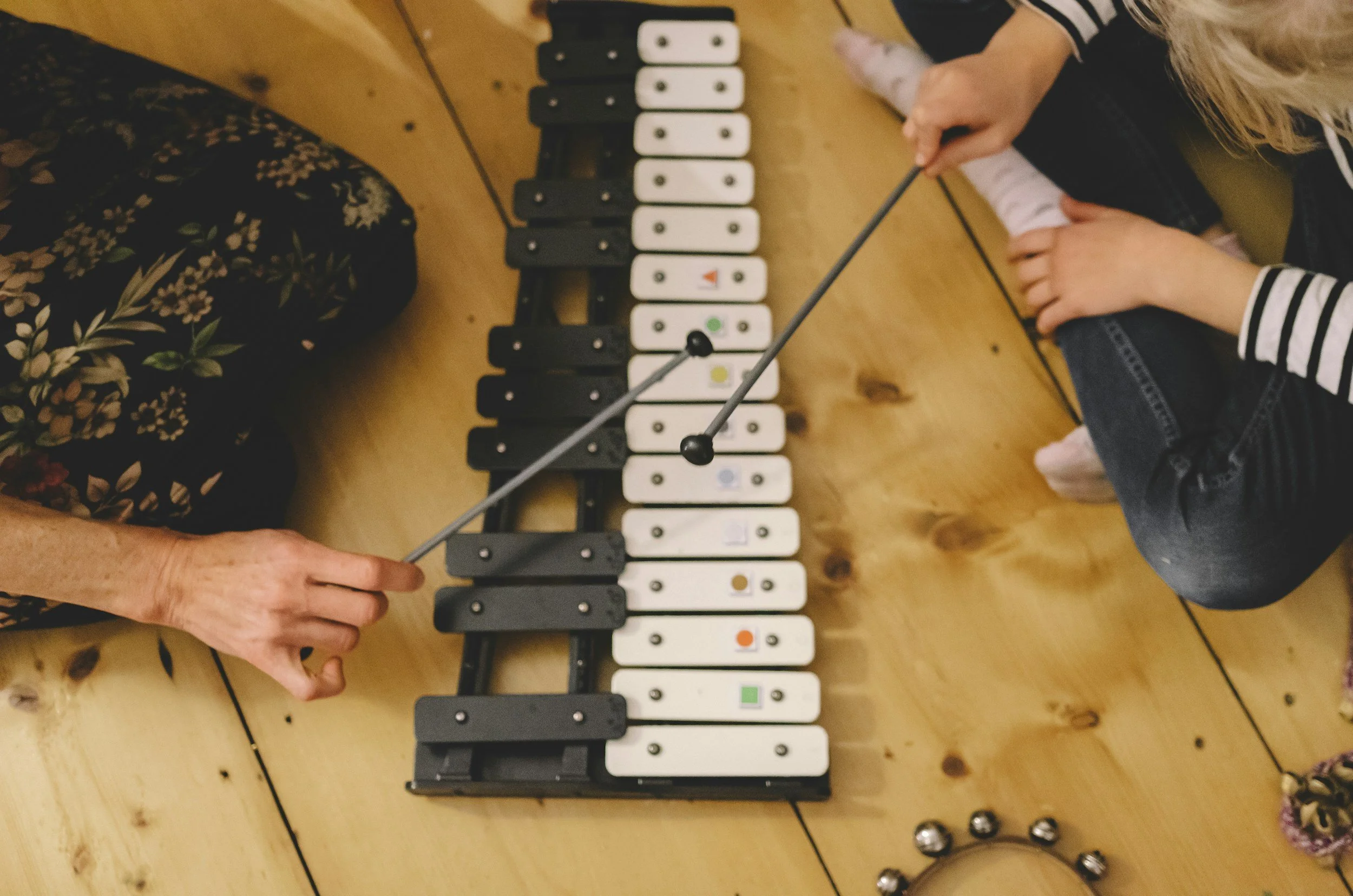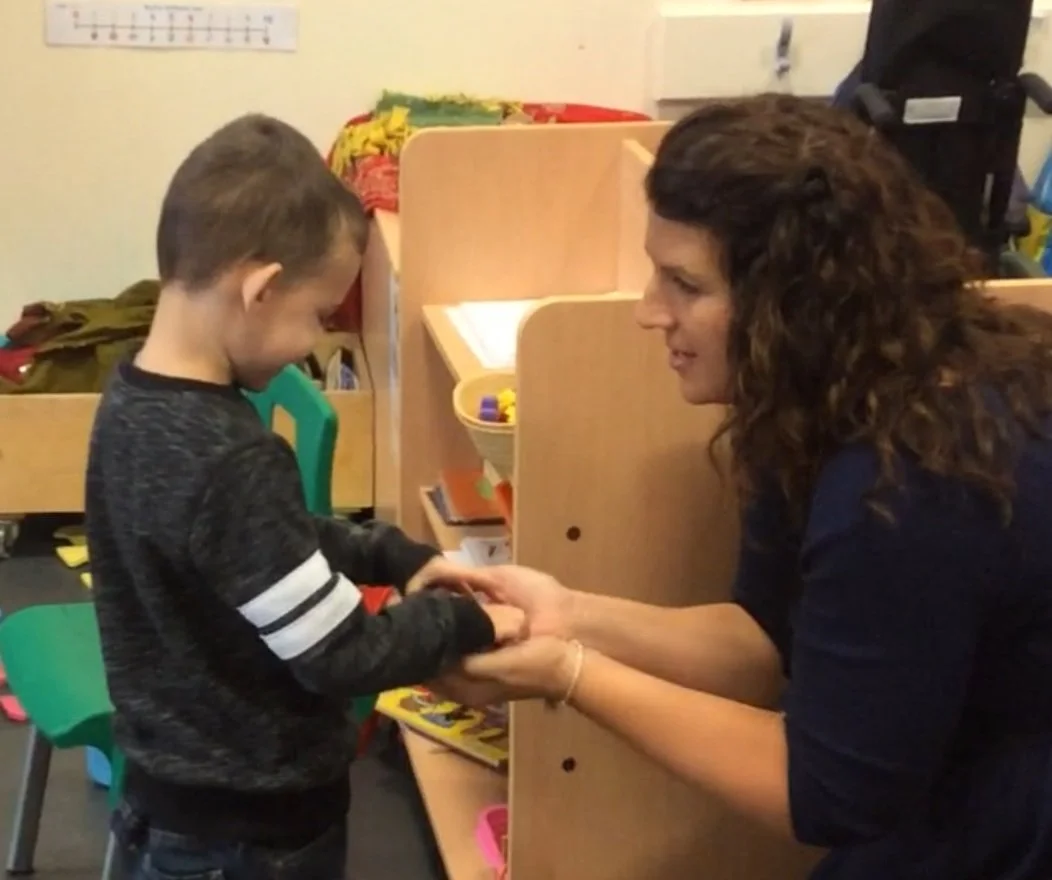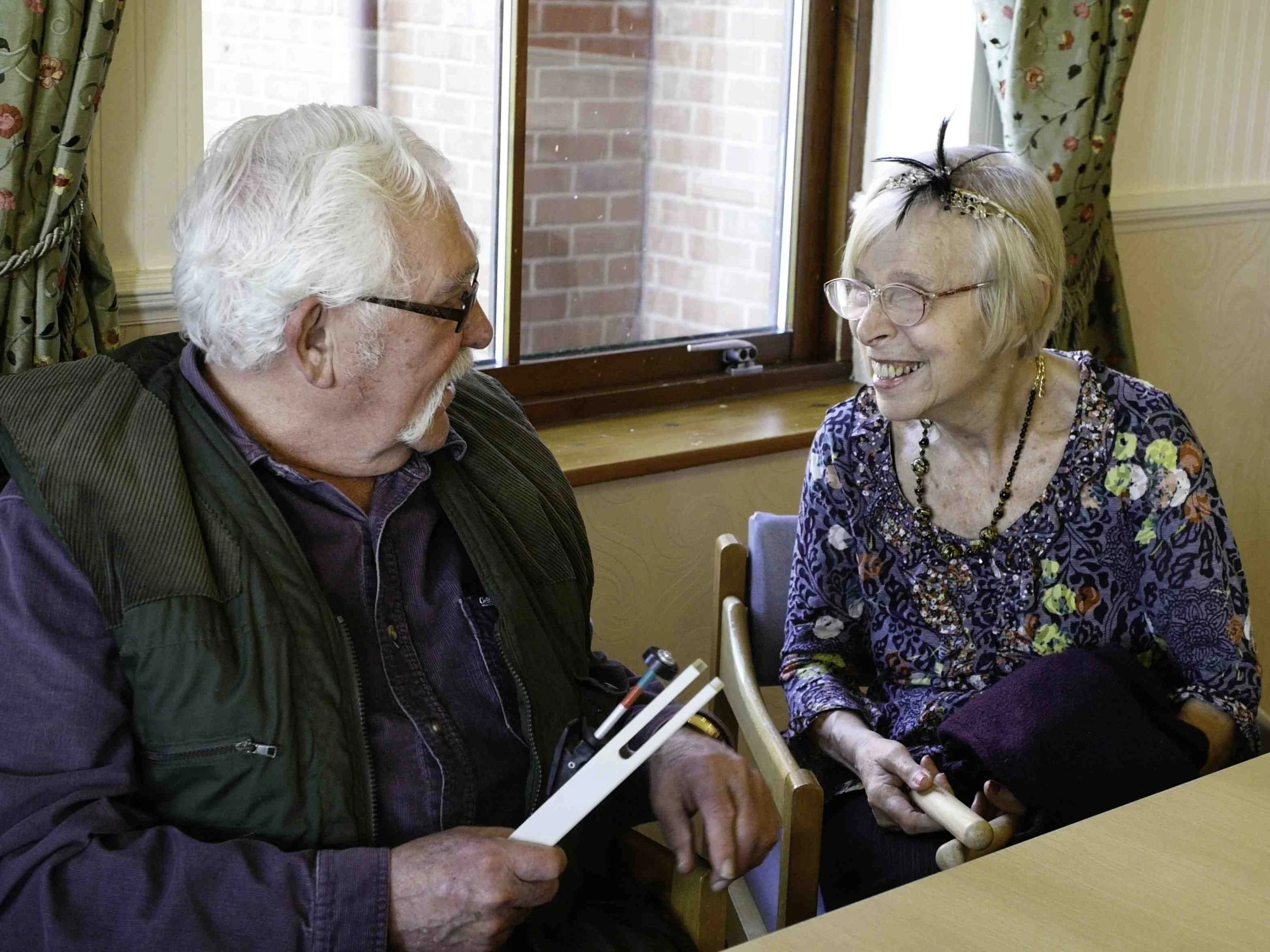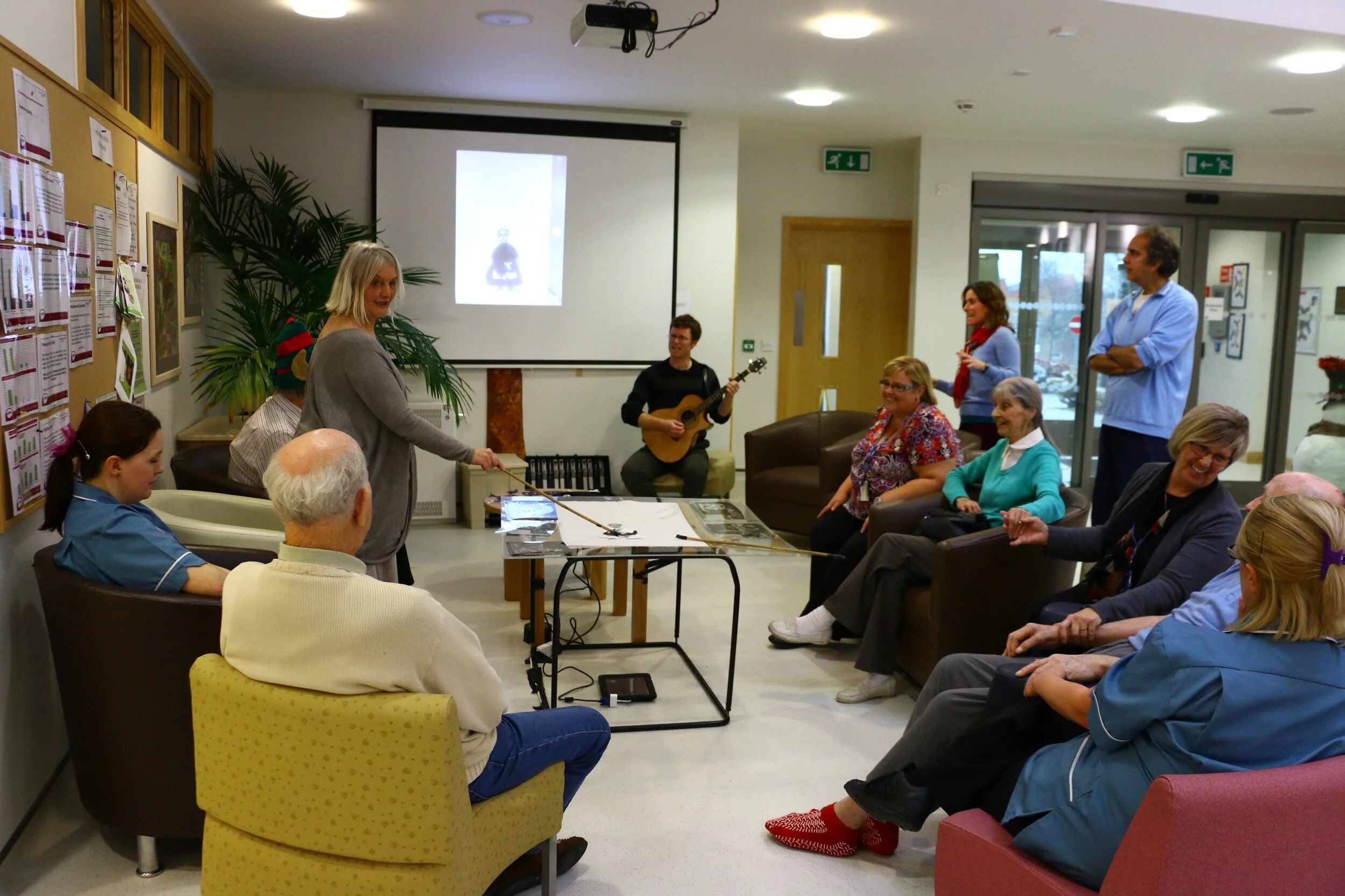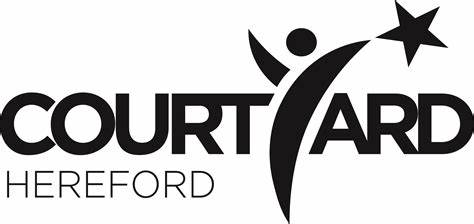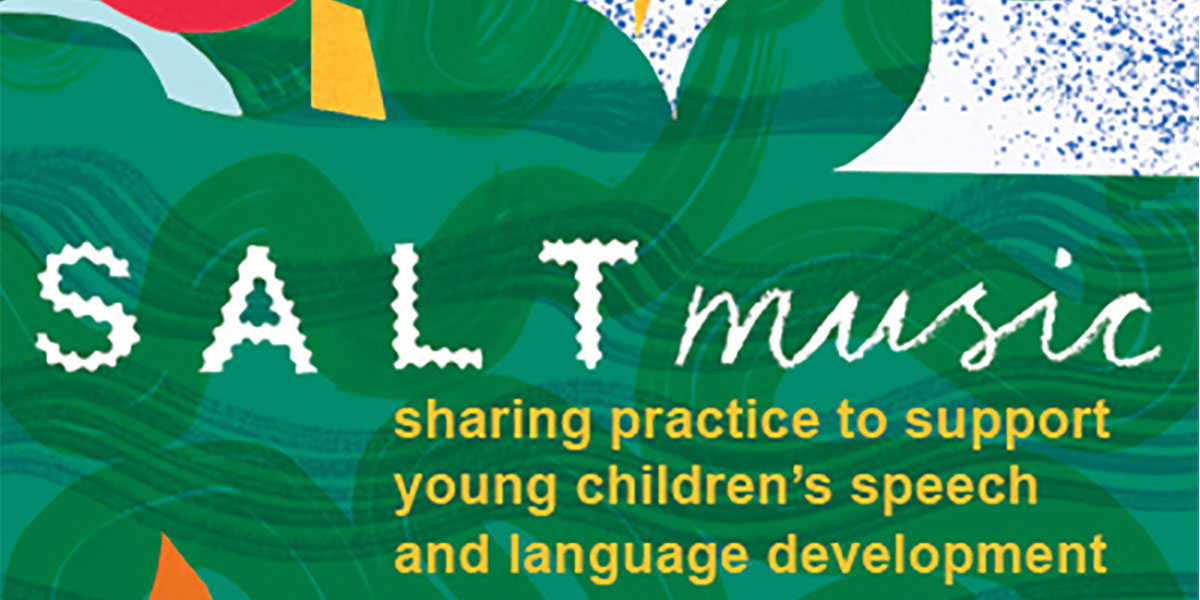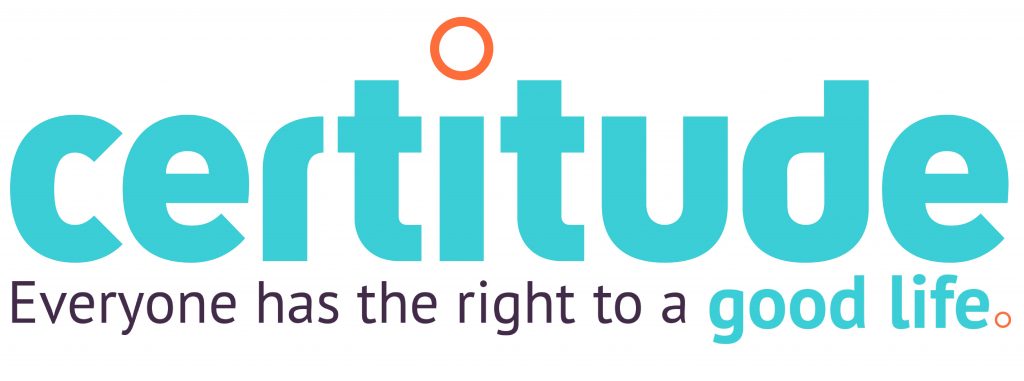I specialise in helping people working in care and education settings to understand and meet the social needs of people living with autism, dementia, learning disabilities and mental health problems. I achieve this by offering public training events and developing communities of practice around the socially inclusive approaches of Rapport-based Communication and Rapport-based Music. I have collaborated with many schools and care settings around the UK to implement sustainable change and practice development and I am recognised for a fresh, enjoyable and thought provoking approach. I also aim to offer accessible and affordable training for family members and carers on low pay who are in need of support.
courses coming up
Places are available on online courses for £9 for unpaid family members and personal assistants of a person with additional needs
A recording of the course will be available for everyone who books a place. So you can still enjoy and learn the practice if you can’t make it to the live event.
Recent Blog Posts:
One common question from practitioners centres around the observation that children would often turn away or move away when a staff member approached for interaction. One answer to this common situation lies in what we are trying to achieve when we approach.
At a recent Rapport-Based Communication leader group meet, I asked practitioners to share a moment when they felt like “this is why I came to work” when they were interacting with a person they support.
An effective strategy to embed rapport-based practice in a service is to bring together a group of practitioners that are both enthusiastic and passionate about the practice and can articulate it to others. I call this the ‘Leader Group’.
I have updated the training manual which is now available in the Free Stuff section of the site.
The initial aim for any rapport-based interaction is to share space with the supported person. With this in mind, a hierarchy of how we offer ourselves to the person emerges.
Creating conducive conditions for rapport involves being at the right distance to the person, joining in with what the person is doing, being at the same levels and adopting the same or similar affect.
In 2023 and 2024 I have been working closely with two schools in Sheffield to develop a straightforward method for recording rapport, Rapport-Based Communication, Rapport-Based Music and Intensive Interaction.
Our new paper is called ‘A Handbook of Rhythmic Relating’, and features rapport and the three c’s as central principles underpinning the deeper practice.
The theory of social learning and communities of practice originated with Etienne Wenger and Jean Lave in the 1980’s and has continued to be developed by Etienne and Bev Wenger Trayner. The original theory of communities of practice proposed a model of how groups of people engage socially to develop practice that relates to a shared challenge, problem or interest. This theory has evolved into a comprehensive understanding of ‘social learning’, a community of practice being seen as a kind of social learning space.
All of my training sessions are underpinned by leading edge social learning and training practice with the aim of supporting staff to develop their capacity for learning and enabling services to become learning organisations.
INSET season is upon us and this week I have visited:
Danecourt Special School in Gillingham, Kent to lead an Intensive Interaction and Rapport Based Communication day.
Heolgerrig Community Primary School to lead a day on Intensive Interaction, Rapport and Play for staff from LRB units for Methyr Tydfil County Borough Council.
Greenfield Special School in Methyr Tydfil to lead a day on Intensive Interaction, Rapport-based communication and understanding behaviour as communication.
Writing in his 2002 article for The Journal of Child and Youth Care, Volume 2 Number 2, Michael Burns eloquently describes another key technique for establishing rapport with a supported person:
Writing in his 2002 article for The Journal of Child and Youth Care, Volume 2 Number 2, Michael Burns eloquently describes the key technique for establishing rapport with a supported person.
Self-determination theory suggest that wellbeing is dependent upon the fulfilment of three fundamental psychological needs - autonomy, competence and relatedness. An autonomy supportive interaction style such as rapport-based communication is an essential part of high quality care and assessing the quality of such provision is possible through the use of The Autonomy Support Questionnaire (ASQ).
Perhaps the most important technique for any care giver to master is the ability to develop a good sense of rapport with the child.
Central to dementia care is principle of person-centredness, and how to support positive relationships and ‘well-being’.
Linda Tickle-Degnen has researched rapport for over 30 years and her work provides a fascinating perspective. The parallels between descriptions of Intensive Interaction and the rapport are striking.
According to self-determination theory (SDT), the fulfilment of three basic needs (autonomy, competence and relatedness) is highly influenced by the social environment. Close relationships and rapport in particular have a deep impact upon whether a person’s needs are satisfied and wellbeing is experienced (Baker et al 2020: 2, Ryan and Deci, 2002: 6).
The purpose of Musical Interaction is to create rapport, an experience that leads to many benefits for both a person with special needs and the person that cares for them.
Instruments are fun and exciting things to introduce to a session and help to create more offers and starting points for interaction. Here are some ideas for using instruments:
In my experience, I have noticed different ways that groups of children with additional needs self-organise in a classroom. So that the children can have choice and control over how they participate, it is important to adapt our facilitation style to the needs of the group.
In anticipation of a new long-term project, I have developed a new form for recording Intensive Interaction and Rapport-Based Communication.
How should we approach the notion of progress? Rather than think about trying to ‘move the person on’ to things that they can’t do yet, my suggestion is to offer opportunities for the person to do more of what they are already capable of.
The five most popular interactive songs in the order below take around 15 - 20 minutes to play. These songs can be used as the basis for all of your sessions. You can experiment with adding other songs to find the best combination for the children in your group or class. As you become more confident you will be able choose songs in response to offers.
Sessions will be easier, more fun and more engaging if they are co-led. This is because there are two roles that need to be implemented: holding the group and interacting with individuals.
Have you ever been to a party where you only knew one person? Who was the first person you went to when you arrived? If you’re like everyone else I’ve asked this question then you’d go to the person you knew.
We can use this metaphor when we consider our classroom or group session.
Today I was mentoring teachers doing Musical Interactions in the classroom at the Rowan school in Sheffield. The purpose of the project is to embed the practice across the school and I have been working with each class for a single term, teaching a repertoire of interactive songs, how to play the ukulele and how to design and lead the sessions.
Rapport-Based Communication and Rapport-Based Music help you to find rapport by responding positively to the interests of the person. The three C’s are designed to help the practitioner to adopt a positive, sensitive and responsive practice.
Subscribe to the newsletter
Find out about upcoming courses, free resources and new blog posts
recent Partners
recent Feedback
(Click on the postcard to view)
